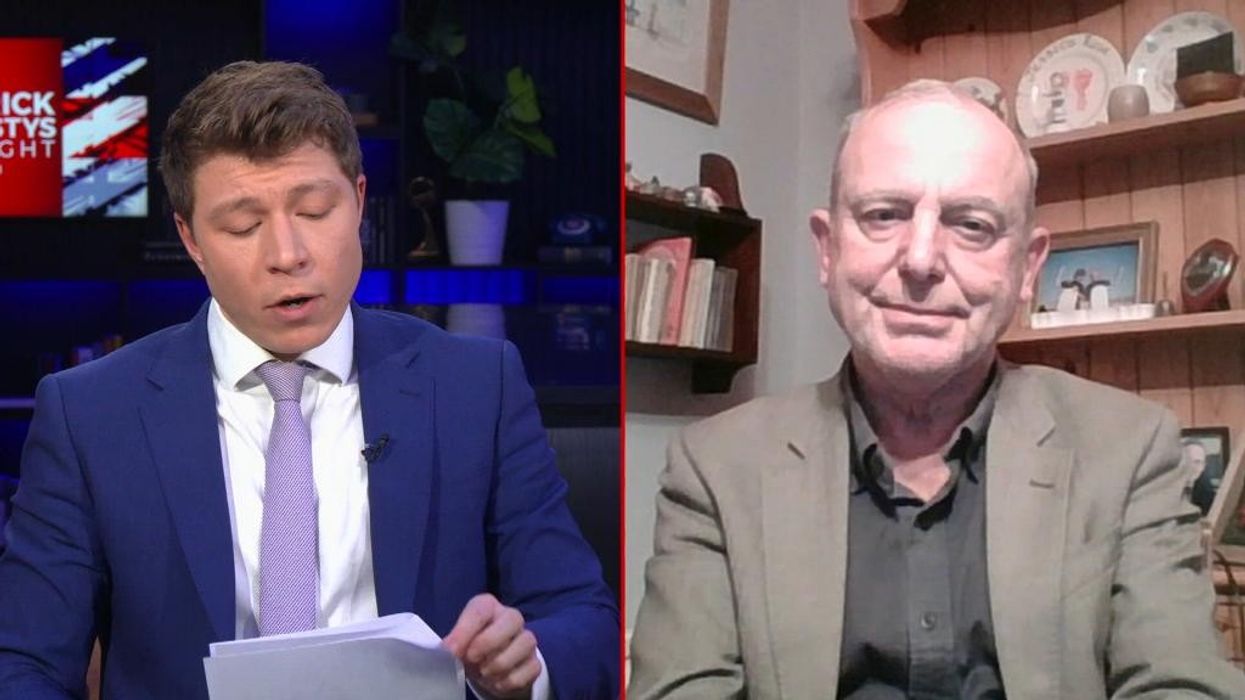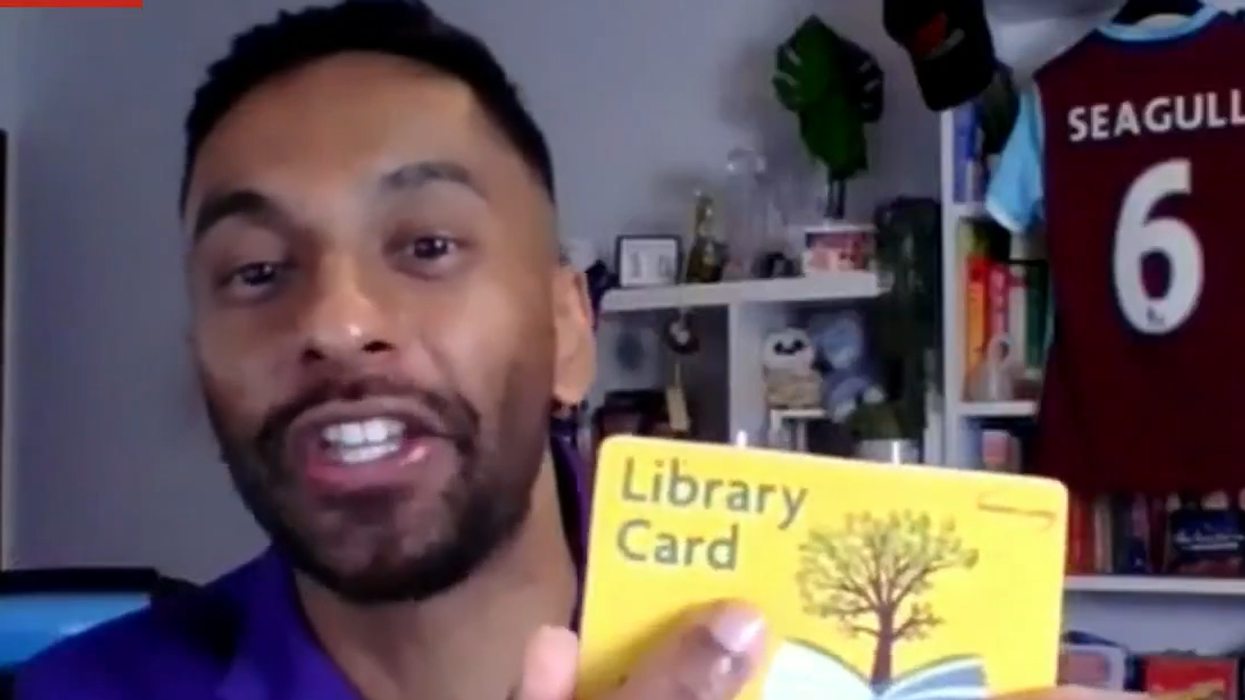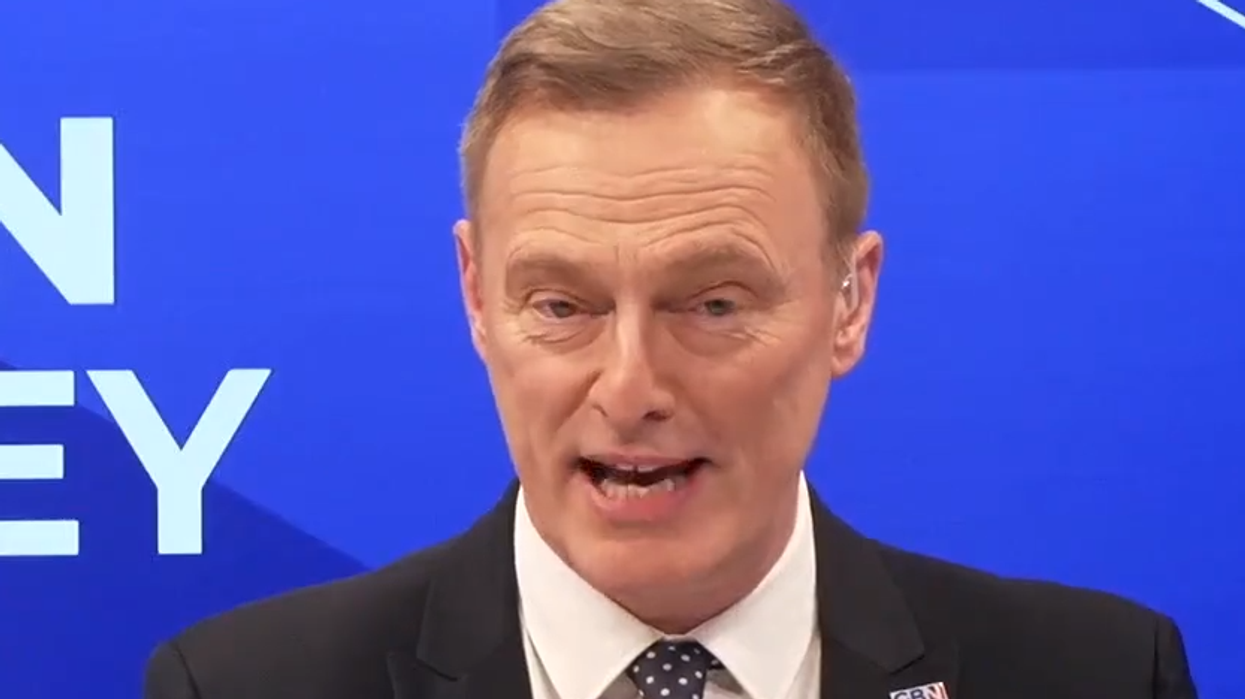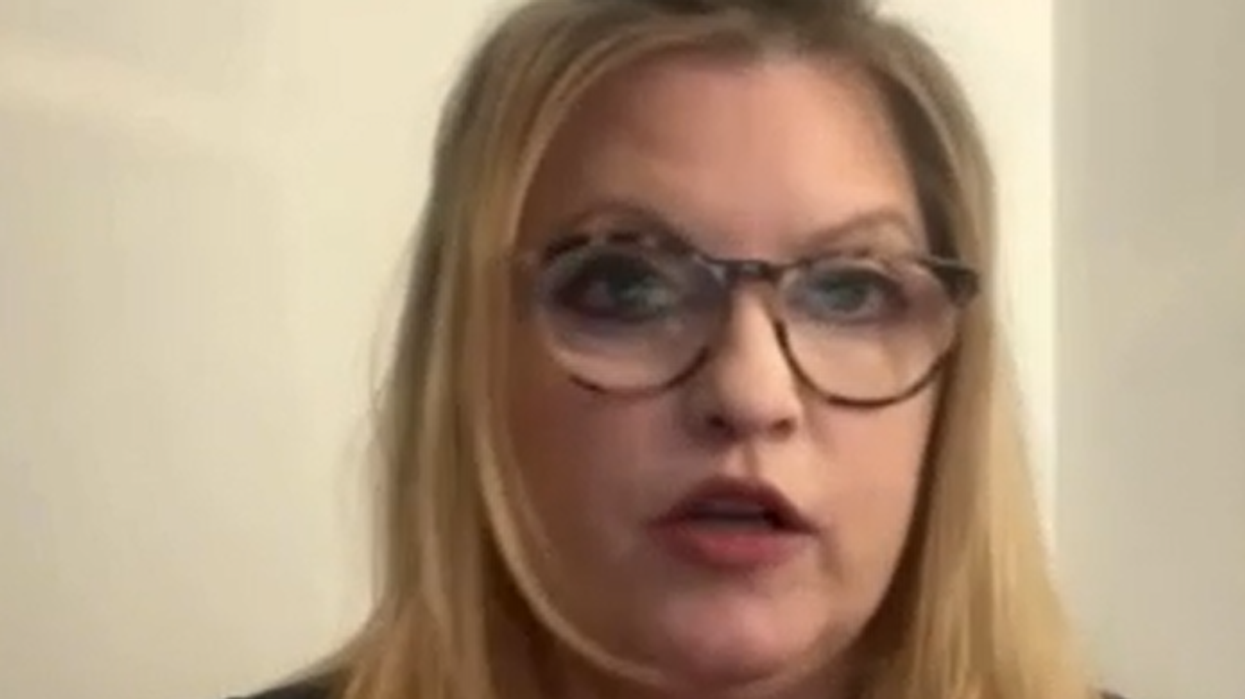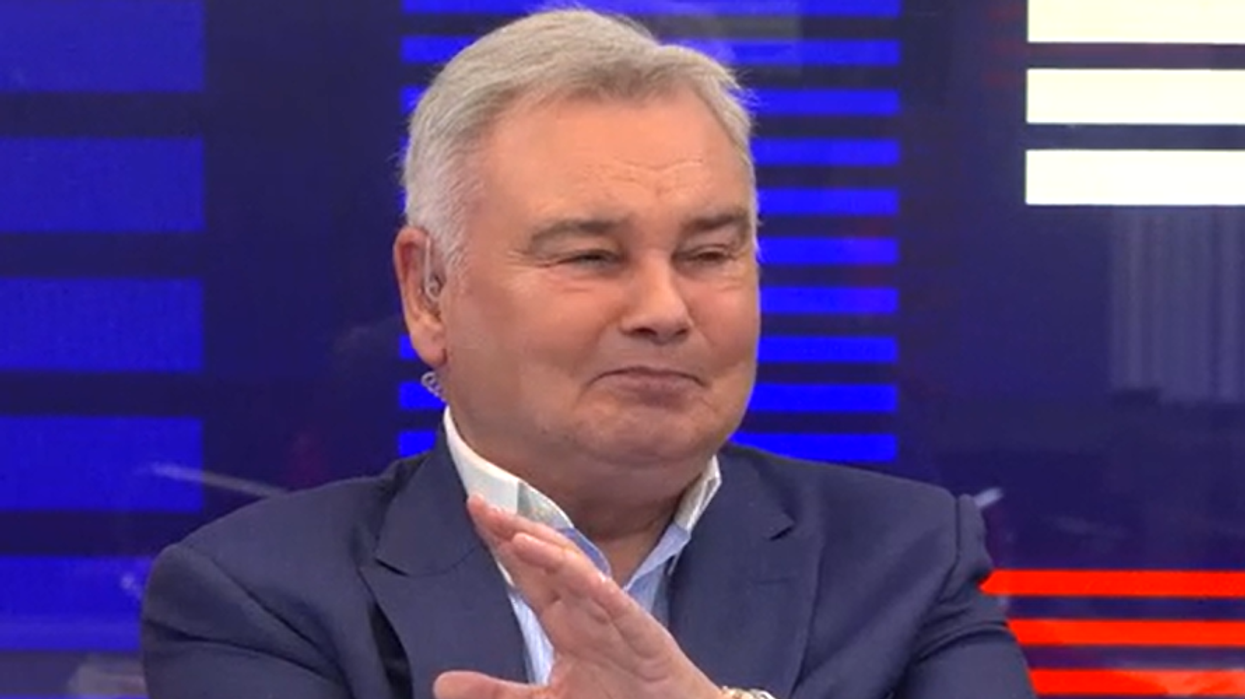
The former director of the World Health Organisation's Cancer Program. Professor Karol Sikora has described The King’s cancer diagnosis as ‘a bit of a medical puzzle.’
Speaking to GB News Prof Karol Sikora said:
“It's a bit of a medical puzzle. He goes into hospital nearly two weeks ago with a benign condition of the prostate. Clearly something's been found; whether it's been found on the biopsy, that's the most likely thing, when the tissue is removed from the prostate to essentially decoke the outlet of the bladder.
“That's been sent to pathology and it takes about 10 days to get the results and that's come back, and it's obviously showing cancer.
“The likely sites could be bladder, or it could be in the lymph nodes around that area; we just don't know.
“The good news for the King and for all of us is that clearly they’d have done tests to look and see if there was any involvement with the liver, lungs and bones before they did the surgery. This is just routine; everyone would get the same on the NHS.
“Clearly it was negative before so maybe no one's really sure at the moment and more tests may be needed.
“Certainly, some sort of treatment is going to be needed. I suspect radiotherapy is being planned.
“I suspect he's going to have a course of treatment, probably radiotherapy to somewhere in the pelvis and the chances of success are high.
“As you get older the cancer tends to grow more slowly. It's a puzzle. We don't know why, but it grows more slowly and the chances of having a normal lifespan are great. I think he'll do well.
“He's a great believer in openness as we've seen. I think the problem at the moment is not hiding anything, it's just uncertain what's happening and I'm sure clarity will come over the weekend.
“It was completely unexpected so that suggests that has been caught early. If it is a small bladder tumour, for example, that can be relatively minor treatment.
“It's difficult to give a prognosis and outcome without knowing all the details and it's very difficult for doctors: all the time we're facing these decisions and patients are very good about it.
“About 10% of cancer has a family background. There's something in the genetics of the family that resulted in the cancer. As we go forward with all the DNA analysis that's going on, we'll work out everybody's risk, but at the moment, it’s in its infancy.”
WATCH ABOVE.


